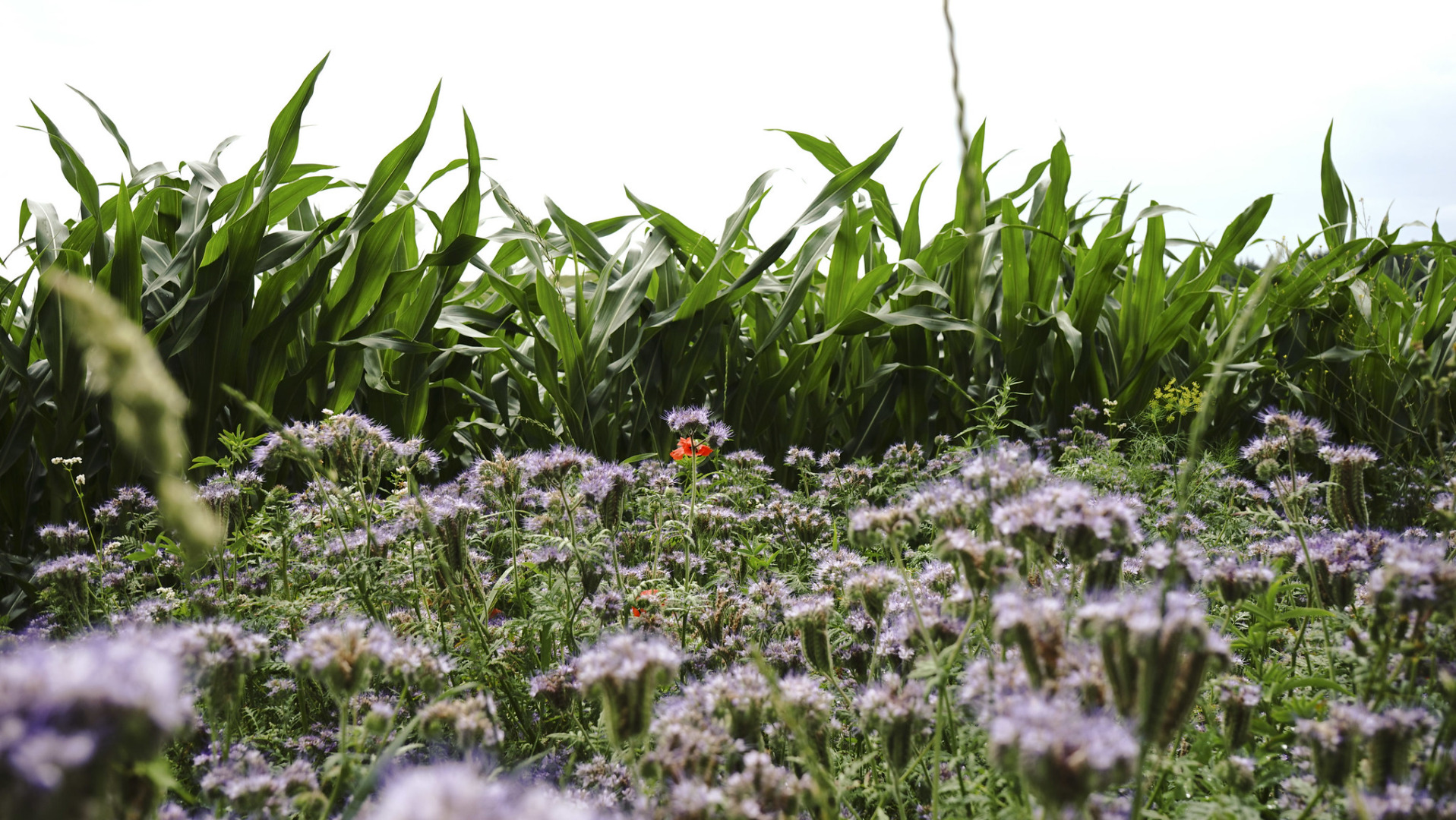The biodiversity initiative will be put to the ballot box on 22 September. The initiative committee wants to incorporate the protection of natural resources into the constitution. To achieve this, the necessary areas of nature must be better protected, financial resources must be allocated and the Confederation and cantons must be held accountable. Nina Buchmann explains possible measures to protect biodiversity and what consequences the initiative would have.
What specific political measures can a country take in general to protect biodiversity?
Nina Buchmann: Political measures are required that focus on the entire system. This ‘system’ can be an ecosystem or a food system. In other words, we need measures that take into account the interactions within the system, but also the framework conditions of this system. One example: We cannot protect an individual species by designating a protected area if the climatic conditions of its habitat change. This means that we have to take climate protection measures in order to preserve and increase biodiversity in Switzerland.
In general, we need political measures that support sustainable agriculture and a resource-conserving spatial planning and energy policy, not individual measures that only affect individual components of the system. In concrete terms, in Switzerland this could relate to direct payments for agriculture, e.g. for more areas to promote biodiversity, for support for precision farming, where less fertiliser and pesticides are applied per area, but production can continue to be profitable. We need measures that support environmentally friendly production in Switzerland so that we do not have to import (even more) from countries that have fewer agricultural regulations than Switzerland already does today. Otherwise the problem would only be shifted. In terms of spatial planning, this could specifically mean densifying existing areas, preventing the fragmentation of village borders, but also restricting the conversion of rental flats in cities, which means that less rental space is available there, rents become too high and new areas have to be developed for flats in the surrounding area, which in turn can lead to a reduction in biodiversity. There are similar examples for energy policy, even for tax policy…
How does the promotion of biodiversity contribute to climate protection?
Promoting biodiversity does not contribute directly to climate protection. The opposite applies: climate protection is an essential tool for promoting biodiversity. Why? We expect that anthropogenic climate change will have a negative impact on biodiversity in the future because the environmental conditions for organisms and ecosystems will change significantly if we do not manage to drastically reduce greenhouse gas emissions. We also know that species-rich ecosystems are better able to cope with environmental changes, i.e. they are more resilient than species-poor ecosystems. Promoting biodiversity is therefore helpful in mitigating the effects of climate change.
What specific changes could be expected if the initiative is adopted?
The wording of the initiative is very broad. Depending on how the text is read or interpreted, the entire territory of Switzerland could be placed under protection. This comprehensive wording probably also leads to the contradictory statements in the press. Does ‘preserving the townscape’ mean that no densification may take place in the towns? Does ‘protecting the landscape’ mean that no areas for renewable energies may be designated? If so, these changes would probably be counterproductive in terms of protecting biodiversity in Switzerland, because more settlement area would be needed and energy use would remain fossil-fuelled, which would contribute neither to climate protection nor to the protection of biodiversity.
How do you assess the possibilities for the implementation of the initiative?
I think it would be extremely difficult to implement, as the initiative – depending on how the text is read or interpreted – would make sustainable development in Switzerland more difficult.
Image: flickr.com






